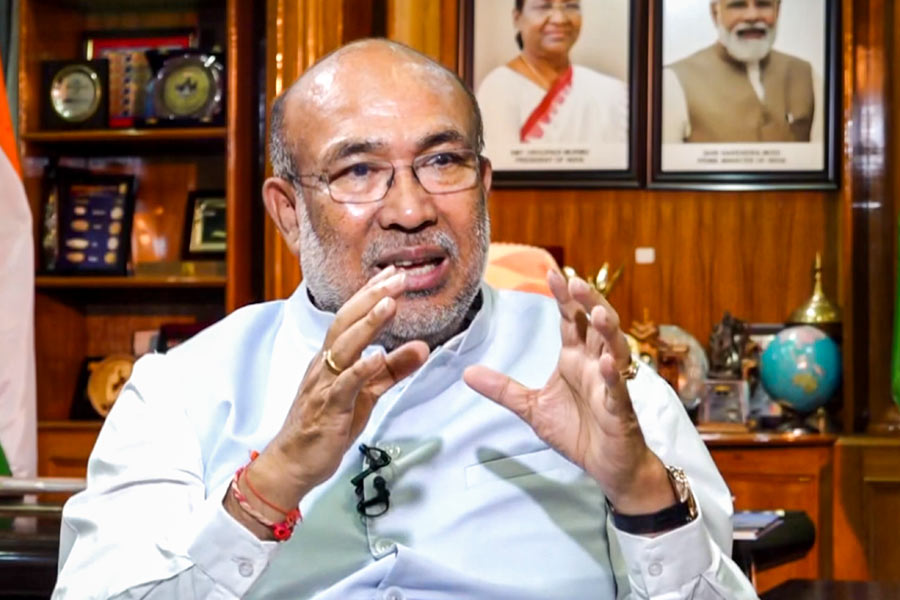N. Biren Singh’s resignation should have come much earlier. That he was allowed to continue as chief minister despite the fact that Manipur burnt in an ethnic conflagration for 648 days under his partisan watch speaks of indifference not only on the part of the former chief minister but also his minders in New Delhi. Mr Singh had succeeded in hanging on to his hot seat despite repeated calls for his resignation for his role in exacerbating the crisis in the state. It would not be naïve to argue that a combination of factors forced New Delhi’s hand on this occasion. For instance, there were tell-tale signs that sections within the state unit of the Bharatiya Janata Party were unhappy with Mr Singh’s leadership; public disaffection was palpable too. Only 22 legislators, including the former chief minister, had turned up at a recent meeting to discuss issues related to the next assembly polls. There are whispers that the dissidents in the party led by the Speaker held parleys separately. That the Supreme Court had asked for a report from the Central Forensic Science Laboratory on an audiotape that allegedly contains prejudicial comments by Mr Singh may have weakened his position further. The Congress had, in fact, decided to push for a no-confidence motion during the assembly session that has now been scrapped by the governor.
Mr Singh’s resignation, however, cannot be considered as an act of closure in the context of Manipur’s woes. A lot more needs to be done — be it by a new chief minister or the Centre in conjunction with the state administration under president’s rule. The principal challenge is to find a way to bridge what appears to be a deepening chasm between the Meiteis and the Kukis. Representative, sensitive dialogue, complemented by initiatives of mutual healing by civil society groups, holds the key. Steps need to be taken to root out biased attitudes within the levers of the administration, including the state’s armed personnel. Militias on both warring sides have to be disarmed and disbanded. An additional challenge for New Delhi is the worsening security situation across the border in Myanmar. This has serious implications for the security of Manipur as the ruling military junta in Myanmar may no longer be in a position to prevent arms and radical groups from infiltrating into India. Stabilising Manipur’s internal situation must thus be prioritised with immediate effect. The prime minister, who has not had the time to visit Manipur, must lead the way.










